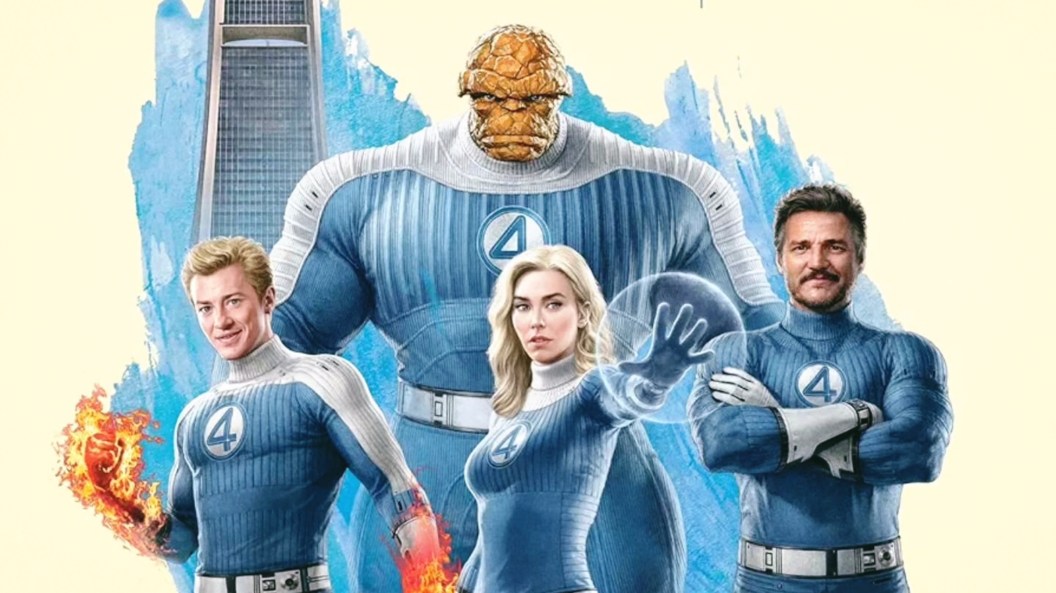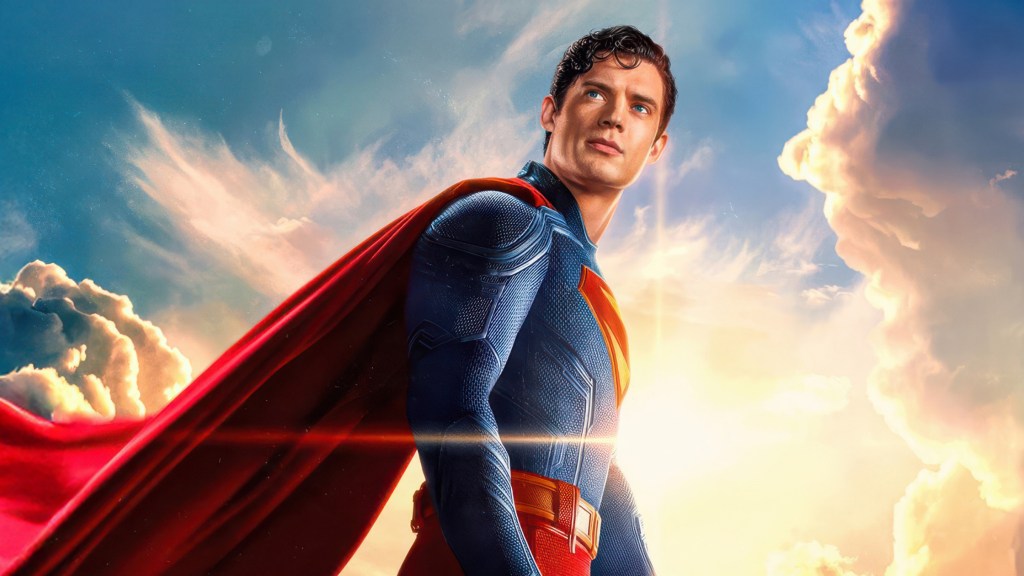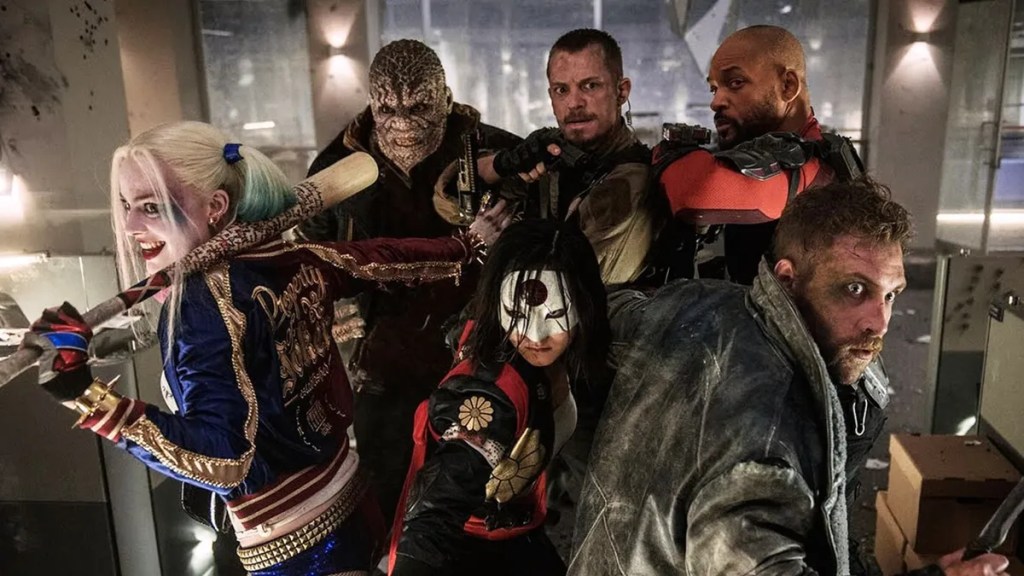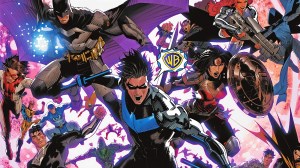
Type “Spider-Man” or “Batman” into your favorite search engine or AI chatbot, and the top results will most likely reference the movie versions of these heroes rather than their original and true source — the humble comic book. This is largely due to the fact that most people’s understanding of superheroes comes from their portrayals in movies and television, not from comics. Today, the superhero is, first and foremost, a screen character. As a result, since users are more likely to recognize and click on links related to films or TV shows, those types of results have gradually come to dominate search rankings.
But it wasn’t always like this. While superhero-based movies, television shows, and cartoons were once special occasions to celebrate comic books, the comics themselves were always the go-to source for anything superhero-related. Now, with the rise of the superhero movie, this begs the question: have these films ruined the comic book? The short answer is—it’s complicated.
DC and Marvel Join the Movie Makers

If ruining is understood as removing the comic book from its central perch in the superhero universe, then movies are guilty as charged. As search engine results clearly show, comic books are no longer the go-to source for “all things superhero.” The superhero movie has replaced the superhero comic book as the medium controlling the narrative. This transition is partly due to the nature of modern information society, where a pure visual experience is preferred over a semi-visual, semi-text experience – a reality where it’s easier to consume movies and television passively than to read comic books.
However, another aspect of this transition is more problematic from a comic book fan’s perspective, and there are a few key elements to consider. First, Warner Bros. and Disney, two of the most famous movie producers in the history of the medium, acquired DC and Marvel, the two biggest superhero comic book publishers. Initially, the connection between comics and films within these companies wasn’t particularly strong. Yet, there was an expectation that comic book content would play a role in broader corporate strategies.
However, once the first few comic book movie adaptations, such as Superman: The Movie, proved highly profitable, Warner Bros. and Disney began to view comic books as an untapped source of content. In other words, they concluded that comic book properties could — and should— support their movie and television divisions. As a result, instead of focusing solely on traditional comic book storytelling, DC and Marvel shifted toward producing content with storylines and character designs that align with their respective cinematic universes.
This shift has been widely criticized as leading to a decline in the overall quality of comic books, such as a trend toward simpler, less nuanced plots that emphasize action and spectacle over deep, character-driven storytelling — the very kind of narratives that tend to be more easily adapted for film or television.
Superhero Movies Haven’t Been All That Bad for DC and Marvel

Conversely, if “ruined” means decreasing the popularity of comic books as a distinct medium, then movies are innocent. In fact, superhero movies have arguably helped raise the profile of the superhero comic book and popularized them, especially among segments of the public who would never have read a comic book were it not for the influence of a movie or television series. Indeed, comic books have been an essential source of content for fans wishing to “stay in touch” with their favorite characters and teams during the years when there are no film or television releases about them.
Superhero movies have significantly boosted comic books by creating a crucial alternative revenue stream. Both DC and Marvel faced severe financial difficulties in the past that could have led to their demise, making the income generated from their characters vital to their continued existence. In fact, early on, before their acquisitions by Warner Bros. and Disney, a key way they earned money was by licensing their content to filmmakers and television studios. Now, any revenue from these efforts largely remains within their own companies.
Last but not least, superhero movies have added a level of “street cred” to comic books. Comic books are no longer seen as just “kid stuff,” and being called a “comic geek” is no longer an insult. One major benefit of this shift is that it attracts talented people — artists, writers, editors, and critics — into the superhero comic book world. This, in turn, tends to raise the quality across all facets of the industry, ultimately benefiting the fans.
Creators and Fans Have a Say in Whether the Superhero Movie Ruins Comics

But even with these benefits, the fact that the movie industry is now in the “driver’s seat” of the superhero narrative means that comic books will ultimately suffer. While comics are unlikely to disappear anytime soon — and their quality may even continue to improve — we’re likely to see a culling of characters and titles that aren’t popular or profitable in the world of film and television. In other words, there will still be plenty of high-quality comic book content featuring Batman, Superman, Wonder Woman, Spider-Man, and other A-list heroes, but it’s increasingly unlikely we’ll see groundbreaking stories centered on lesser-known characters without proven mainstream appeal.
Likewise, resources are unlikely to be invested in innovation or experimental storytelling — the very things that diehard comic book fans cherish — because there’s no guarantee those ideas will translate successfully to the screen. Even cool, obscure characters who get the nod to appear in a movie or television show will likely be reimagined to better fit the corporate vision. Indeed, from Luke Cage and Daredevil to Black Lightning and Alfred Pennyworth, the number of comic book characters who have been transformed into a more film-friendly mode is significant.
This all goes to say that superhero movies have, and will continue to, place editorial and creative handcuffs on comic books. This will make creators less willing to take risks and more likely to avoid major changes that could negatively or adversely affect how movie-friendly a character or title is, even if such changes would serve the best interests of the comic book itself. So, have superhero movies ruined comic books? Yes and no. But one thing is for sure: they have certainly changed comic books in a way that, without strong leadership from comic book publishers and strong advocacy from fans, could turn ruinous really quickly.
Do you think superhero movies have ruined comic books? Let us know in the comments.
The post Have Superhero Movies Ruined Comics? appeared first on ComicBook.com.


